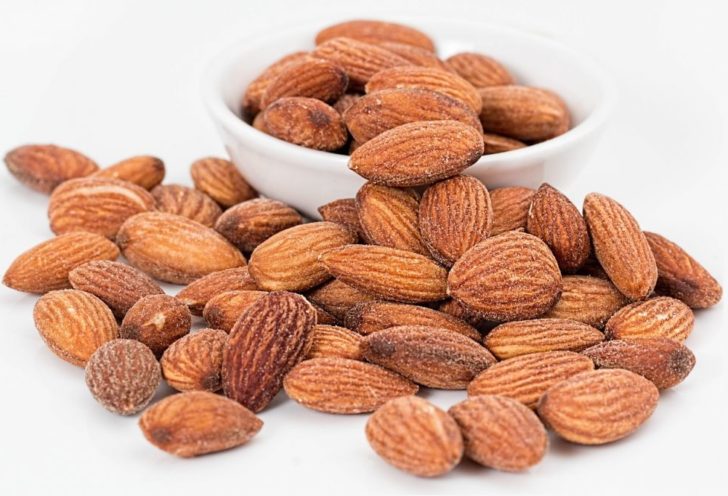IBS Diet: A Comprehensive Guide for Managing Irritable Bowel Syndrome

Introduction
Irritable Bowel Syndrome (IBS) is a common gastrointestinal disorder that affects millions of people worldwide. It is characterized by symptoms like abdominal pain, bloating, gas, diarrhea, and constipation. While the exact cause of IBS is unknown, it is believed to be a result of a combination of factors, including diet, stress, and gut bacteria. In this article, we will provide an in-depth overview of the IBS diet, its types, popular approaches, quantitative measurements, differences between diets, and a historical review of their pros and cons.
1. An In-depth Overview of IBS Diet

The IBS diet focuses on managing symptoms and improving gut health through dietary changes. It involves identifying trigger foods that worsen symptoms and adopting a personalized approach to eating. The main goal is to reduce inflammation, regulate bowel movements, and alleviate discomfort. The diet is often tailored to an individual’s specific symptoms and sensitivities.
2. Comprehensive Presentation of IBS Diet
a. Types of IBS Diet: There are several types of IBS diets, including the low FODMAP diet, gluten-free diet, elimination diet, and specific carbohydrate diet (SCD). Each diet has its own principles and restrictions, targeting different triggers such as fermentable carbohydrates, gluten, or certain food groups.
b. Popular IBS Diets: The low FODMAP diet has gained popularity as one of the most effective approaches for managing IBS symptoms. It involves avoiding foods high in fermentable carbohydrates like onions, garlic, wheat, and certain fruits. Other popular diets include the gluten-free diet, which eliminates gluten-containing grains, and the elimination diet, which systematically removes potential trigger foods.
3. Quantitative Measurements of IBS Diet
To assess the effectiveness of the IBS diet, various quantitative measurements can be used. These include symptom severity scales, bowel movement frequency, abdominal pain ratings, and quality of life assessments. Additionally, breath tests can be conducted to measure levels of hydrogen and methane gas production, indicating fermentation of undigested carbohydrates.
4. Discussion on Differences Between IBS Diets
While all IBS diets aim to improve symptoms, they differ in their focus and restrictions. The low FODMAP diet primarily targets fermentable carbohydrates, while the gluten-free diet focuses on eliminating gluten-containing grains. The elimination diet, on the other hand, targets individual trigger foods, and the SCD restricts complex carbohydrates to reduce bacterial fermentation. Understanding these differences can help individuals choose the most suitable approach for their symptoms.
5. Historical Review of Pros and Cons of IBS Diets
Over the years, IBS diets have evolved, and their pros and cons have become more apparent. For example, the low FODMAP diet has shown significant symptom improvement in many individuals, but it can be restrictive and challenging to follow long-term. The gluten-free diet, although helpful for those with gluten sensitivity, may not benefit all IBS patients. Similarly, the elimination diet can be effective in identifying trigger foods, but it requires careful reintroduction to maintain a balanced diet.
Conclusion
The IBS diet is a fundamental approach to managing symptoms and improving the quality of life for those with IBS. By understanding the various types of diets, their differences, and the available quantitative measurements, individuals can make informed decisions about which dietary approach to adopt. It is essential to consult with a healthcare professional or registered dietitian before making significant dietary changes. With a personalized and tailored diet plan, individuals with IBS can alleviate their symptoms and regain control of their gut health.
References:
1. Müller-Lissner SA, et al. Symptom differences in moderate to severe IBS patients based on predominant bowel habit. Gut. 2016.
2. Monash University. The Low FODMAP Diet. [Accessed August 2021].
3. Harvard Health Publishing. Gluten-Free Diet: Whats allowed, whats not. [Accessed August 2021].
4. National Institute for Health and Care Excellence. Irritable bowel syndrome in adults: diagnosis and management. [Accessed August 2021].





















